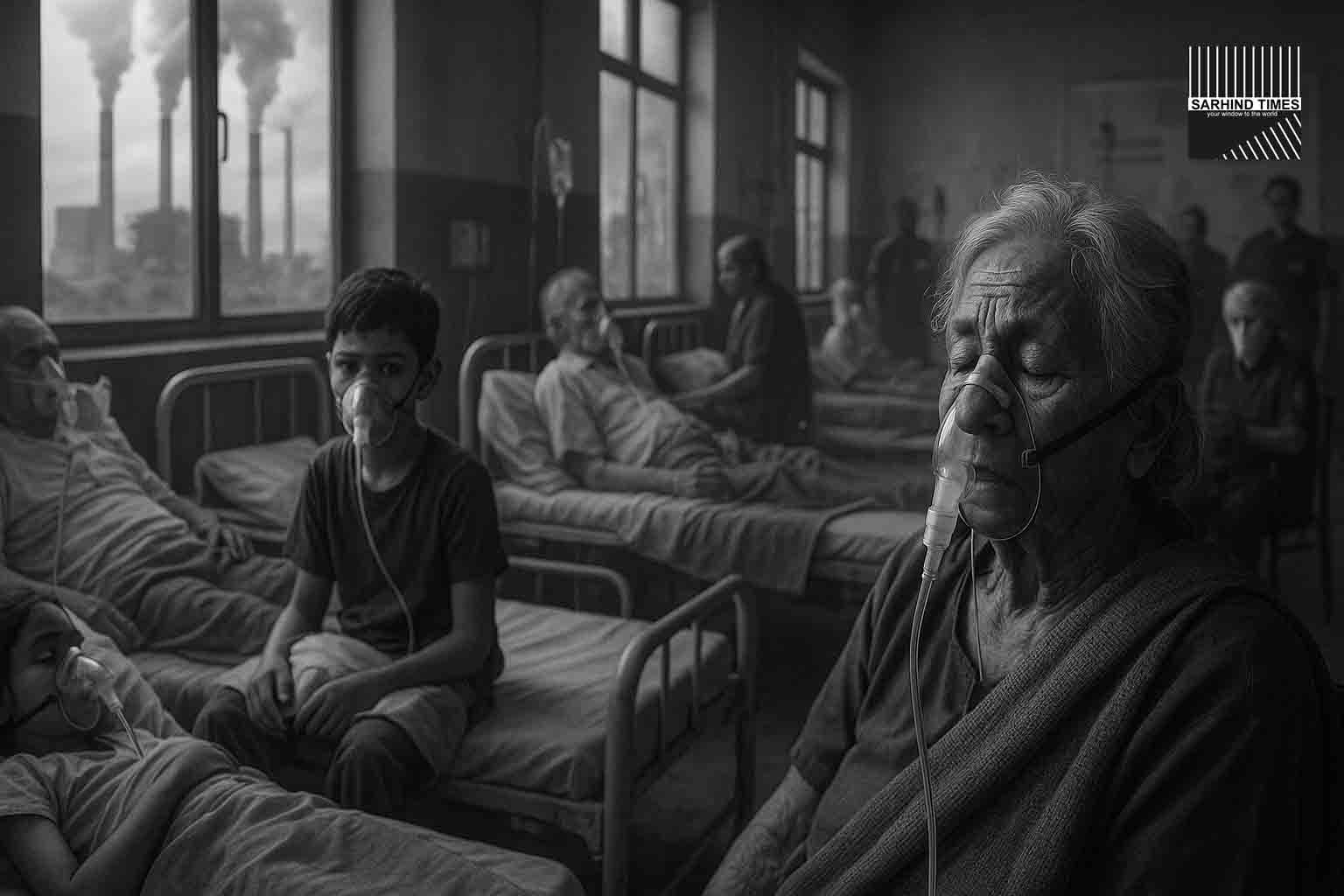Introduction: A Double Emergency
The latest report from the Global Climate and Health Alliance (GCHA) makes an urgent case: fossil fuels are not just driving climate change, they are also creating a global public health crisis. From the womb to old age, the health burdens of fossil fuel dependence ripple across every stage of human life.
By documenting how fossil fuel use amplifies climate instability, economic inequality, and long-term health impacts, the report reframes the energy debate. Fossil fuels are no longer just an environmental issue—they are a human survival issue.
How Fossil Fuels Amplify Health + Climate Threats
Air Pollution and Mortality
- Fossil fuel combustion is the largest source of fine particulate matter (PM2.5).
- WHO estimates over 7 million premature deaths annually due to air pollution.
- Children and the elderly are disproportionately affected.
Climate Change Feedback
- Greenhouse gas emissions from coal, oil, and gas intensify heatwaves, floods, and droughts.
- These events cause malnutrition, infectious disease spread, and displacement.
Long-Term Health Burdens
- Fetal exposure to pollutants linked with premature birth, low birth weight, and neurodevelopmental delays.
- Children develop chronic asthma and reduced lung function.
- Adults face strokes, heart disease, cancers.
- Elderly populations struggle with heat stress and respiratory complications.
The intersection means fossil fuels worsen both immediate disease burden and long-term climate vulnerability.
Economic and Social Dimensions
Healthcare Costs
- Fossil fuel pollution adds billions in avoidable healthcare expenditure.
- Strains underfunded health systems, especially in the Global South.
Productivity Loss
- Sick days, reduced workforce capacity, and premature mortality reduce GDP.
Inequality
- Low-income and marginalized groups live closer to coal plants, refineries, and highways.
- Indigenous and rural communities are disproportionately displaced by mining and drilling.
The GCHA stresses that fossil fuels are both a climate injustice and a health injustice.
Why Intersectional Framing Matters
Environmental issues often remain siloed as “green concerns.” But when linked to health, equity, and the economy, the urgency becomes impossible to ignore:
- Families understand the impact of asthma, cancer, and medical bills.
- Governments feel the cost of healthcare and productivity losses.
- Civil society sees the injustice of marginalized communities bearing the heaviest burden.
This framing may help climate movements resonate more deeply with everyday citizens.
Policy Recommendations from GCHA
- Phase-Out Fossil Fuels: Rapid, clear timelines for coal, oil, and gas elimination.
- Accelerate Clean Energy: Investment in solar, wind, geothermal, and grid modernization.
- Health Impact Assessments: Mandatory for new energy projects.
- Equity-Centered Transition: Support for workers and communities dependent on fossil industries.
- Global Cooperation: Link climate finance to health co-benefits.
Political Stakes
Governments now face a triple responsibility:
- To reduce emissions for climate goals.
- To protect public health in the short term.
- To ensure an equitable transition that doesn’t deepen inequality.
Failing to act risks both domestic unrest and international credibility.
Conclusion: Time to Reframe the Debate
The GCHA report delivers a clear warning: fossil fuels amplify global health and climate threats in tandem, creating cascading risks across generations.
Shifting to clean energy is not only about saving the planet—it is about protecting our lungs, our children, and our economic future.
As the report notes, every year of delay locks in avoidable deaths, rising healthcare costs, and irreversible climate damage. The fossil fuel era has become a public health emergency.
#ClimateHealth #FossilFreeFuture #CleanEnergyNow #ClimateJustice #SarhindTimes #GlobalHealth #AirPollution #EnergyTransition





+ There are no comments
Add yours